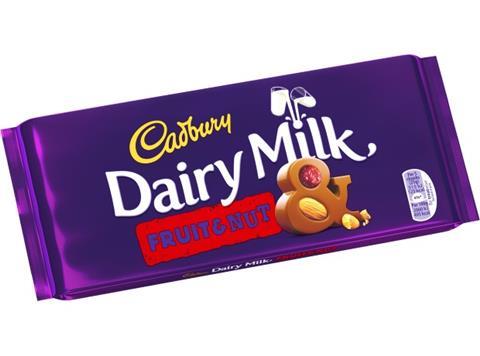
Cadbury owner Mondelez International comes under the spotlight in all the papers after a Sunday Times investigation has found the group did not pay any UK corporation tax last year despite raking in more than £2bn in revenues. The group reportedly put a tax-efficient structure in place after the £11.5bn takeover of Cadbury to limit its tax obligations. Mondelez has a debt pile of more than £8bn listed as a bond on the Channel Islands stock exchange which is uses to “lawfully avoid” paying tax. It can use the interest payments on the debt to offset how much tax it pays elsewhere in the group.
Sister paper The Times follows up this morning with Mondelez pointing out that it had invested £200m in the Cadbury business since the takeover, including at Bournville. A Mondelez spokeswoman said: “In common with all global businesses, we pay corporation tax based on the laws of the countries in which we operate. We comply with all applicable tax legislation in the UK, and on a global basis we pay hundreds of millions of dollars in corporate income tax annually.”
The Guardian notes that soon after the takeover of Cadbury, Kraft announced it would close a plant in Bristol with the loss of 400 jobs, despite pledging before the deal that it would keep it open. The group also announced in January that 250 jobs would be lost at its Bournville plant. The paper also writes that consumers have also been upset by changes in Cadbury’s products since the deal went through, including with Creme Eggs and Fruit & Nut. The Independent flags up that Cadbury UK made £96.5m in profit in 2014 but has paid no corporation tax since 2010. And The Daily Mail’s headline said Mondelez has been accused of treating Britain with contempt in its “elaborate ploy” to not pay a penny in corporation tax. Margaret Hodge, chairman of the Commons all-party group on responsible tax, said the founders of Cadbury would be “turning in their grave”. She added: “Cadbury has a proud history of investing in its communities. Yet this American company is avoiding taxes while using our workforce and infrastructure. It is selfish in the extreme and shows contempt for the people who buy their goods.”
The Sunday Times also reports on McDonald’s UK tax arrangements. The burger chain has channelled more than £400m of its British revenues through Luxembourg since 2009 in an apparent attempt to slash its tax bill, the paper said. “It has sent tens of millions of pounds a year in royalties from its British burger bars to a sister company in the grand duchy. Through this legal loophole, the world’s biggest fast food chain has reduced its reported profits in the UK, decreasing its corporation tax payouts.”
The Mail on Sunday carries an interview with former Tesco boss Sir Terry Leahy in which he “rages” that business rates reform are overdue by a decade. He warned that stores risked being weighed down with new costs such as the new living wage and the apprentice levy and that rates should be lowered to offset these initiatives. “There needs to be a root and branch reform of the whole system,” Leahy said. “We need a modern tax for a modern economy and it’s probably more than a decade overdue.”
Four of the world’s biggest tobacco companies will this week go to court to try to stop the introduction of plain packaging for cigarettes, The Sunday Times writes. British American Tobacco, Imperial Tobacco, Philip Morris International and Japan Tobacco International all said the government’s plan to ban branding on packets from next May was illegal.
Finally, The Telegraph reports on the opening today of a new Costa Coffee format aimed at catering to the lunch trade. Costa Fresco, a new store in central London, will sell porridge, pastries, salads, quiches and cakes in an attempt to capture some of the booming food-to-go sector.








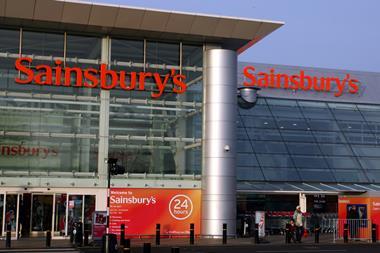
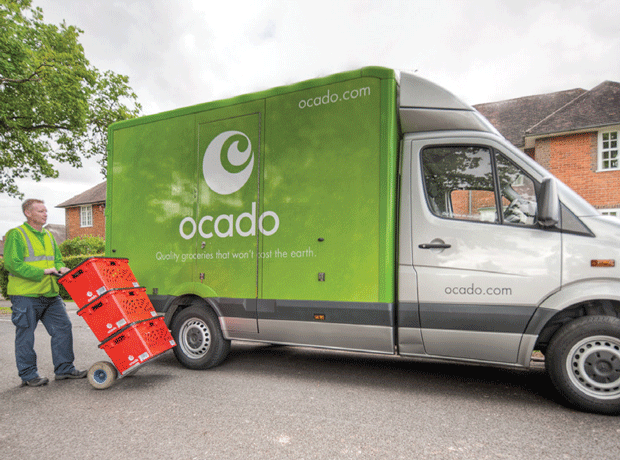
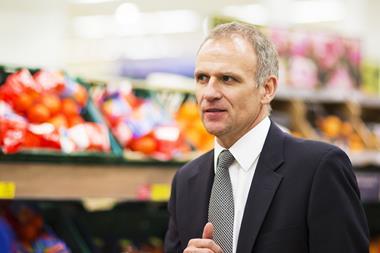
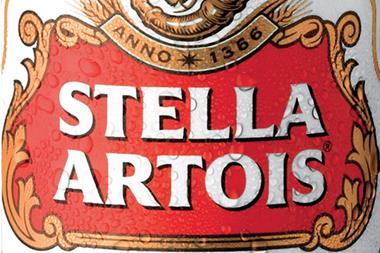






No comments yet